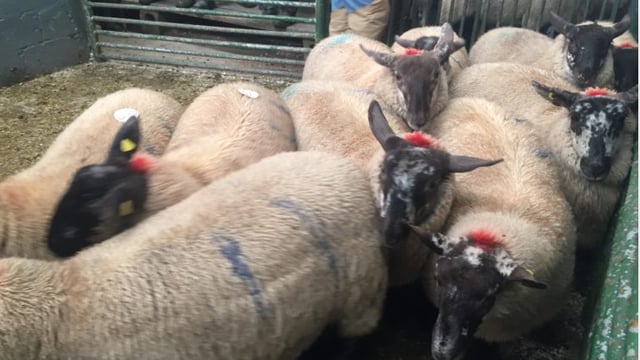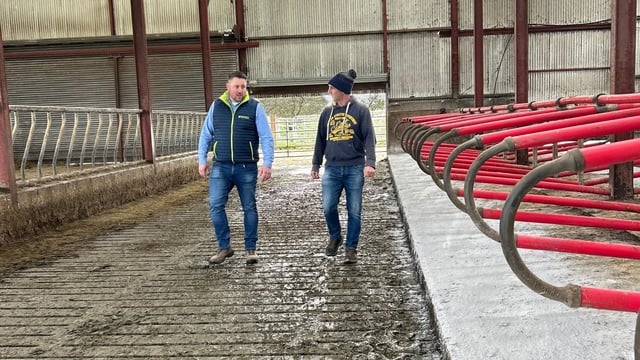Brexit concern doubles while 81% report static or falling margins - IFAC
IFAC has published its Food and AgriBusiness 2019 report, which annually tracks the sentiment of business leaders in the Irish food and agri-business sector, today, Tuesday, September 10.
Overall, the findings point to a less-than-positive outlook across Ireland compared to last year, including a 20% decrease in optimism and a 100% increase in concern over Brexit.
Findings were given both at overall level and when looking at micro, small and medium enterprises in isolation.
Less than one in five business owners have a succession plan in place, the report notes.
Additionally, compared to 2018, 81% report that margins are static or falling.
Conversely, one in four businesses plan to recruit in the next 12 months and 74% of businesses are taking action to reduce their impact on the environment.
At an event today in Dublin to mark the launch of the Food and AgriBusiness 2019 report, the Tánaiste and Minister for Foreign Affairs and Trade, Simon Coveney, said that the report today “is further evidence that our SMEs remain exposed to the challenges ahead”.
“All of these businesses play an increasingly important role in Ireland’s local and national economy. They need to act and take on the professional advice that’s needed, from IFAC and others, so that they can sustain the jobs and wealth they have created and respond to the challenges of the sector and Brexit.”
IFAC’s head of food and agri-business, David Leydon, said: “We believe that careful planning is the best way forward and with IFAC’s help business owners can optimise their tax structure, take a blended approach to finance, start to really plan their financial future, and build a robust business strategy.”
Meanwhile, John Donoghue, IFAC’s chief executive, added:
Our Food and AgriBusiness report tells the story of the sector in 2019 and the increasing intensity of the challenges faced by business owners across Ireland; businesses who drive regional development and provide local employment.
“They need support from consumers, banks, professional advisors and relevant state departments, particularly with Brexit on the horizon.”





